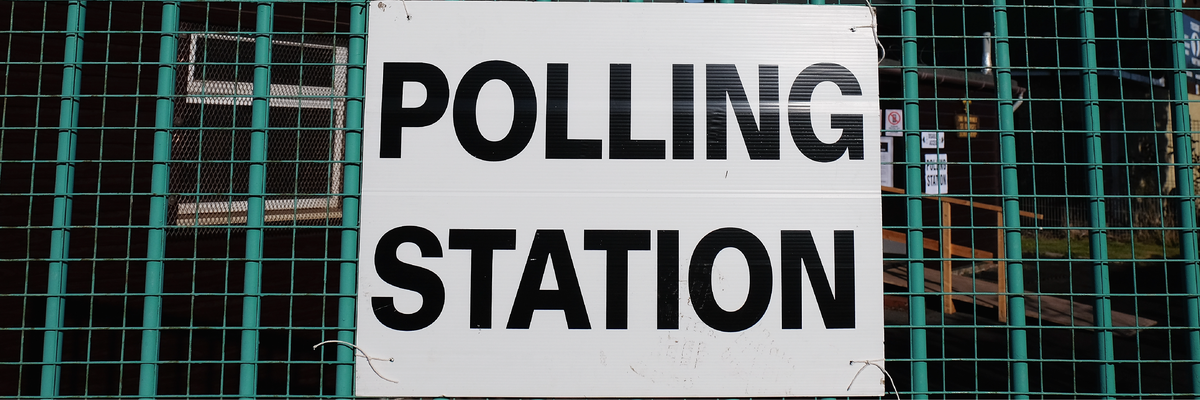Less than 50% of likely BAME voters are planning to head to the polls in-person, while more than one in three intend to vote by mail
A recent YouGov poll showed that one in six of all likely voters would feel unsafe turning out to vote in person at the local council, mayoralty, and devolved government elections this May. Now, new data suggests that just under a quarter (24%) of likely voters from ethnic minority communities would also not feel safe voting via the ballot box in the upcoming contests.
Data has previously shown that ethnic minorities are both more likely to be concerned about COVID-19 and more likely to be seriously ill and die from the virus. So what are BAME voters thinking about voting and COVID security in the upcoming elections?
One in five usual BAME likely voters who usually vote in person are now considering other methods to exercise their vote – if they are turning out at all. While 78% intend to stick with turning up to vote in person, 14% are planning to switch to postal voting, and 8% are not yet certain.
With mail-in voting in particular already quite common among ethnic minority communities, this drop off now means only half (49%) of all likely BAME voters are currently planning to turn out in person in May. One in three (34%) now intend to vote by mail.
Unlike our previous survey of the general population, attitudes toward safety at the ballot box vary across age and gender, with ethnic minority women more likely to feel unsafe (27%) than men (22%), and those aged 18-24 far more likely to not feel safe (35%) than those 65 and over (15%).
In our previous article, we suggested that older people may feel safer voting in person because they are far more likely to have already been vaccinated by the time of the elections. However, an accompanying vaccination status question in this (BAME) survey reveals that those respondents who have been vaccinated are actually less likely to feel safe than those who have not (60% vs 67%).
Feelings of unsafety are largely consistent across ethnic groups for which we have large enough sample sizes to give point-estimates. Between one in five and one in four respondents from Black (22%), Indian (23%), and Pakistani (21%) ethnic backgrounds reported that they would feel unsafe voting in person. Figures were slightly higher among Mixed (25%) and Other ethnic groups (28%). The highest feelings of uncertainty were found among Other Asian ethnic groups (32%) – an umbrella category which includes Chinese respondents.
These results from our BAME survey indicate that a substantial minority of ethnic minority voters would feel unsafe voting in person in May, and that only half of likely BAME voters may turn up to the polls in person. However, unlike with the GB representative survey where political factors were dominant, here we find that socio-demographic factors such as age and gender appear to be important in determining BAME views on voter safety at May’s elections.
See full results here







